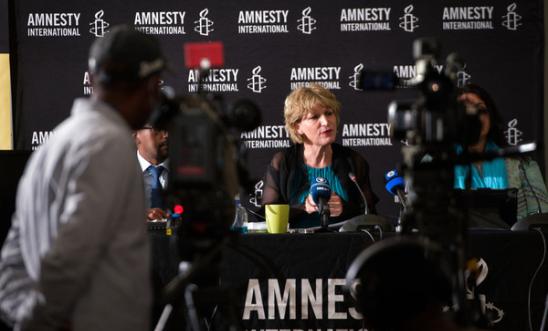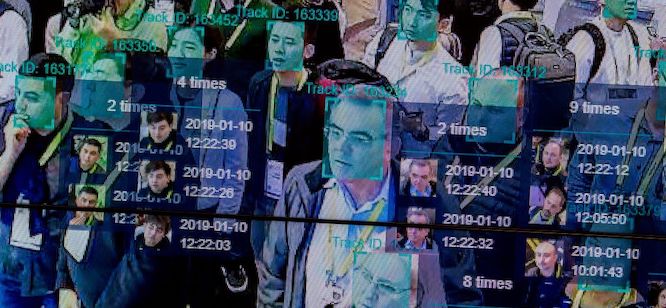By: The Editorial Board
There’s a scene in the movie I, Robot where a robot-hating police officer, played by Will Smith, is questioning the manufacturer of a robot suspected of murdering a human. The conversation gets testy, and the robot maker, played by Bruce Greenwood, looks Smith in the eye and says, “I suppose your father lost his job to a robot. I don’t know, maybe you would have simply banned the internet to keep the libraries open.”
Art imitating life? To a degree, yes. Automation, artificial intelligence, and robots are costing people their jobs. But no, none are suspected of committing a homicide as a result. And the last time we checked, none were known to be organizing an AI insurrection, which was the premise behind I, Robot’s plot.
That’s fantasy. What’s real is that this country isn’t doing enough to prepare for a future where millions of Americans with outdated skills won’t be able to compete for jobs when a less expensive, automated alternative is available to their employers. There’s no better time than Labor Day to ask Washington to come up with a more definitive plan to assist employees who are in jeopardy of becoming obsolete.
That happened this year to workers at a Zenni Optical facility near San Francisco when the company replaced them with vision-equipped robots able to identify eyeglasses of a particular shape and color, check their identification numbers, and correctly place each item in its appropriately labeled bag. That kind of work is drudgery for most people, but not for robots that can see and — once purchased — require no salary or benefits.
The World Economic Forum predicts that by 2025, automation will have created at least 12 million more jobs than it replaces. But that is not a seamless process. While automation may be a net positive eventually, too many people without the skills needed to manufacture, maintain, and monitor robots or AI programs may be temporarily unemployed or wind up with a job that pays less than what their families need.
The coronavirus pandemic accelerated automation’s advance.
More customer call centers decided it was less trouble and cheaper to purchase chatbot programs from LivePerson or Watson Assistant than continue employing humans. Security guard robots were purchased from Knightscope to monitor malls and stadiums. And while DoorDash shut down Chowbotics after buying it last year, some Sally robots are still chopping salads for hospital and university dining halls.
This isn’t the first time the world’s labor force has had to adjust to technological advancements. More than 200 years ago, the Luddites — so named after a fictional Robin Hood-like hero — burned down factories in Britain where mechanized looms and knitting frames replaced weavers and other textile workers. Automobiles, telephones, and computers similarly put people out of work while creating new employment opportunities.
But the issue isn’t whether AI or robots or anything else in development is good or bad; it’s how we manage their impact on society. After President Joe Biden failed to get his “American Jobs Plan” passed, he included some of his workplace ideas in the American Rescue Plan that Congress passed last year. But nothing in that legislation came close to addressing the joblessness being caused by increased automation.
America needs to respond as it did in 1957 after the Soviet Union launched its Sputnik satellite — it must realize the future has already begun. Elementary and high schools must place more emphasis on communication and analytical skills that prepare students for technology’s ascension. Workers whose jobs are disappearing must be retrained for new ones, and a sturdier safety net must be available for those who become jobless.
Like climate change, technology’s impact can be underestimated until its effects hit you smack-dab in the face.
It makes no sense to wait until a situation becomes untenable before taking the steps needed to avoid catastrophe. Let’s use our (human) intelligence.
This post was originally published on Basic Income Today.






